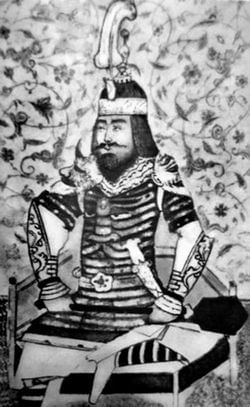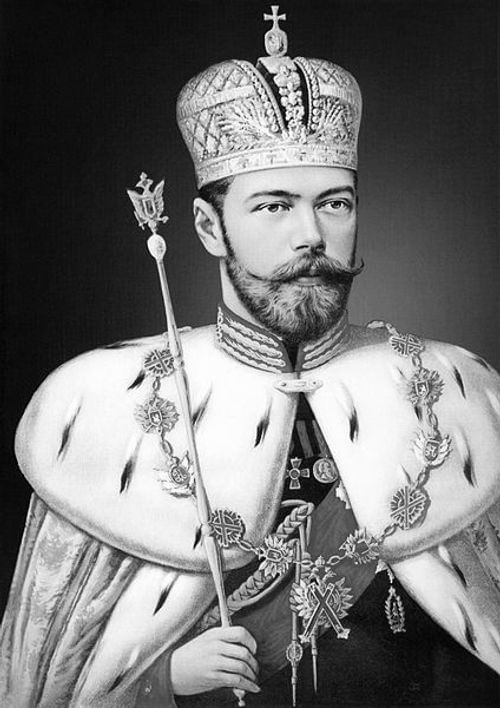
Photo Attribution: Aleksandr Makovsky, Public domain, via Wikimedia Commons
Nicholas II
This example has been viewed 601x times
Summary
Rodden Rating
Analysis for Nicholas II
Biography
Nicholas II (Nikolai Alexandrovich Romanov;[d] 18 May [O.S. 6 May] 1868 – 17 July 1918) or Nikolai II was the last reigning Emperor of Russia, King of Congress Poland and Grand Duke of Finland from 1 November 1894 until his abdication on 15 March 1917. During his reign, Nicholas gave support to the economic and political reforms promoted by his prime ministers, Sergei Witte and Pyotr Stolypin. He advocated modernisation based on foreign loans and close ties with France, but resisted giving the new parliament (the Duma) major roles. Ultimately, progress was undermined by Nicholas's commitment to autocratic rule, strong aristocratic opposition and defeats sustained by the Russian military in the Russo-Japanese War and World War I. By March 1917, public support for Nicholas had collapsed and he was forced to abdicate, thereby ending the Romanov dynasty's 304-year rule of Russia (1613–1917).
Nicholas signed the Anglo-Russian Convention of 1907, which was designed to counter Germany's attempts to gain influence in the Middle East; it ended the Great Game of confrontation between Russia and the British Empire. He aimed to strengthen the Franco-Russian Alliance and proposed the unsuccessful Hague Convention of 1899 to promote disarmament and peacefully solve international disputes. Domestically, he was criticised for his government's repression of political opponents and his perceived fault or inaction during the Khodynka Tragedy, anti-Jewish pogroms, Bloody Sunday and the violent suppression of the 1905 Russian Revolution. His popularity was further damaged by the Russo-Japanese War, which saw the Russian Baltic Fleet annihilated at the Battle of Tsushima, together with the loss of Russian influence over Manchuria and Korea and the Japanese annexation of the south of Sakhalin Island.
During the July Crisis, Nicholas supported Serbia and approved the mobilisation of the Russian Army on 30 July 1914. In response, Germany declared war on Russia on 1 August and its ally France on 3 August, starting World War I. The severe military losses led to a collapse of morale at the front and at home; a general strike and a mutiny of the garrison in Petrograd sparked the February Revolution and the disintegration of the monarchy's authority. After abdicating himself and on behalf of his son, Nicholas and his family were imprisoned by the Russian Provisional Government and exiled to Siberia. After the Bolsheviks seized power in the October Revolution, the family was held in Yekaterinburg, where they were executed on 17 July 1918.
In 1981, Nicholas, his wife, and their children were recognised as martyrs by the Russian Orthodox Church Outside Russia, based in New York City. Their gravesite was discovered in 1979, but this was not acknowledged until 1989. After the fall of the Soviet Union, the remains of the imperial family were exhumed, identified by DNA analysis, and re-interred with an elaborate state and church ceremony in St. Petersburg on 17 July 1998, exactly 80 years after their deaths. They were canonised in 2000 by the Russian Orthodox Church as passion bearers. In the years following his death, Nicholas was reviled by Soviet historians and state propaganda as a "callous tyrant" who "persecuted his own people while sending countless soldiers to their deaths in pointless conflicts". Despite being viewed more positively in recent years, the majority view among historians[who?] is that Nicholas was a well-intentioned yet poor ruler who proved incapable of handling the challenges facing his nation.
Source: https://en.wikipedia.org/wiki/Nicholas_II
Time of Birth is courtesy of astro databank.
Raw Data
Horoscope Data
Comments
Natal Data
1868-05-18 12:28:00 GMT
59° 55′ 51.8″ N 30° 21′ 39.3″ E
St Petersburg, Russia
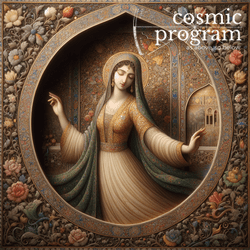

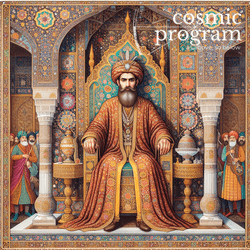


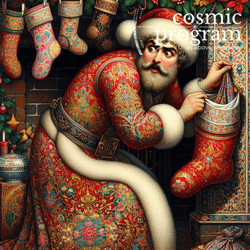


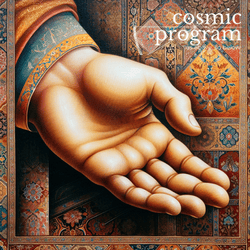


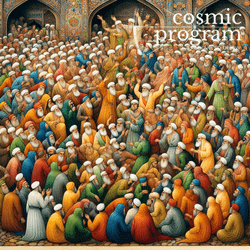

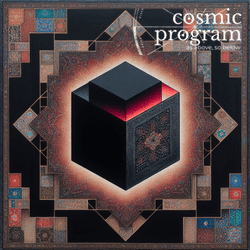

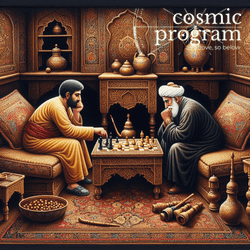
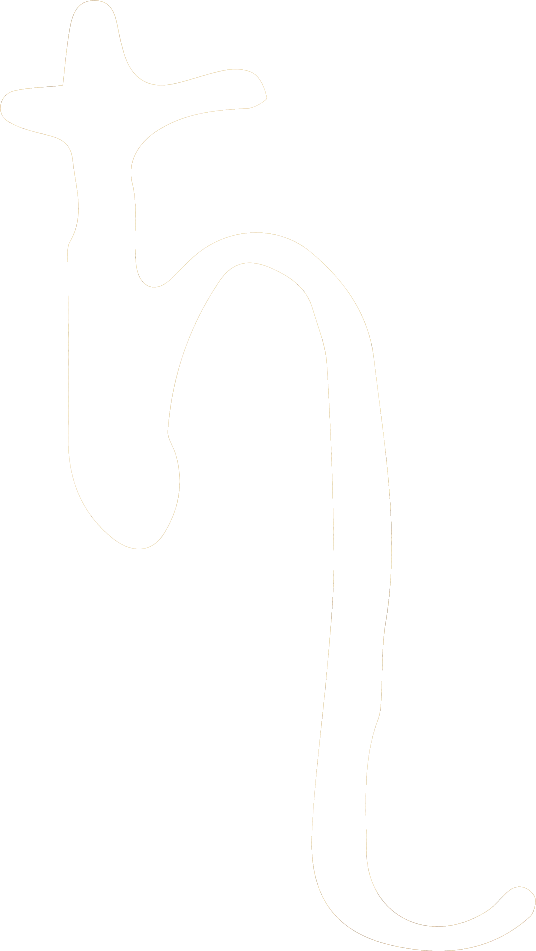

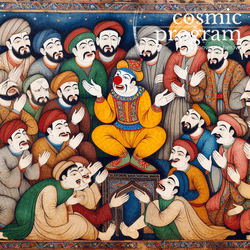

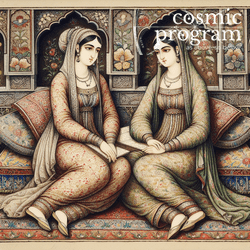

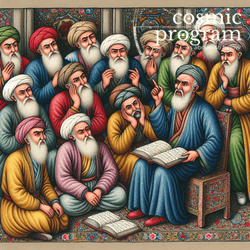


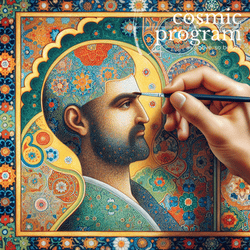


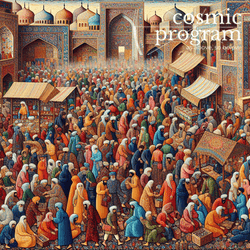


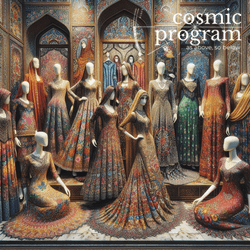


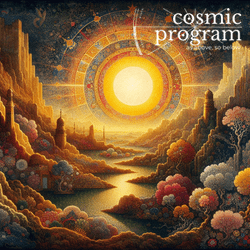

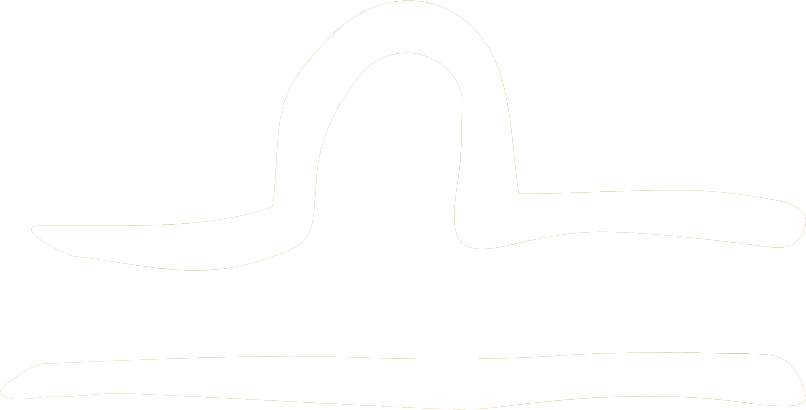
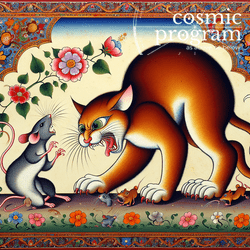

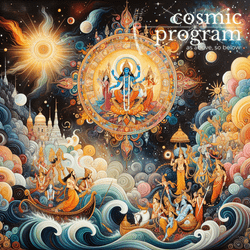
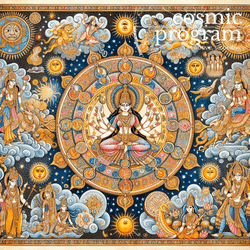
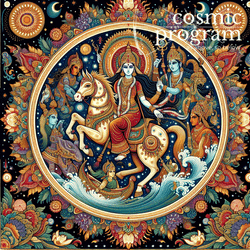
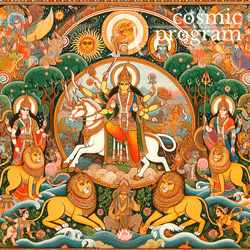
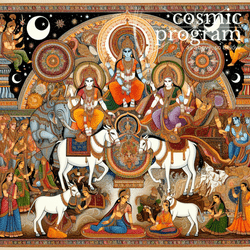
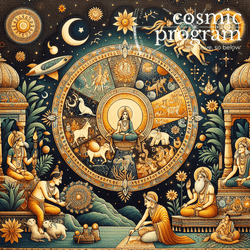
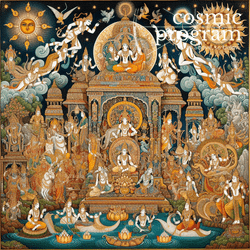
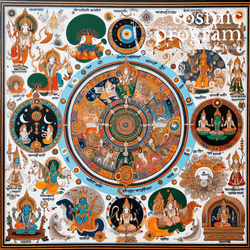
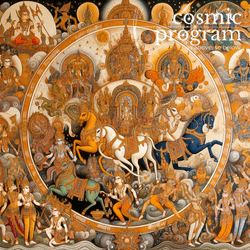
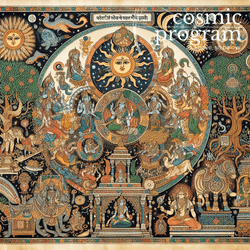
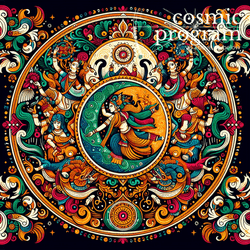
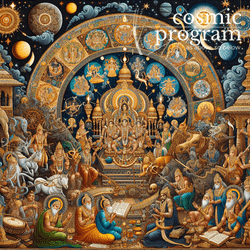
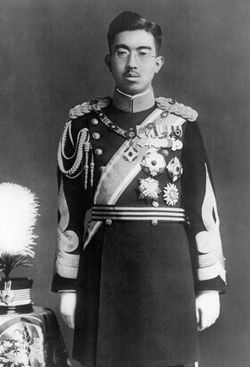
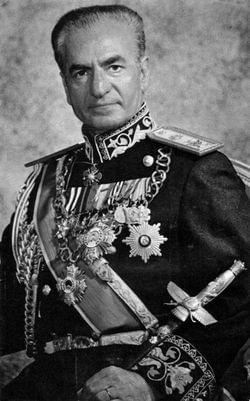
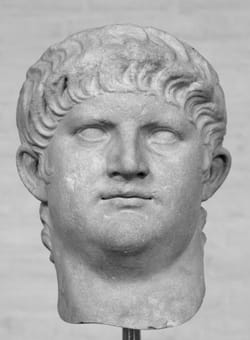
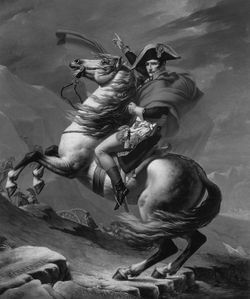
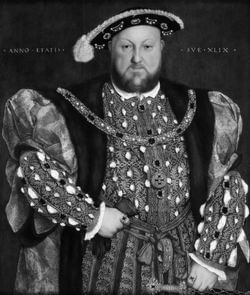
_(cropped).jpg?bossToken=46fbbdccea8f2e5add1553e2e379ef6de2d055a368c61bd2261c8c33261dcc82)
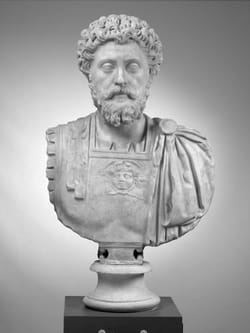
.jpg?bossToken=119fbd85a70d59cd018ea5cf91e72e56d56724043fd8531cc5bd1faf824f46f4)
